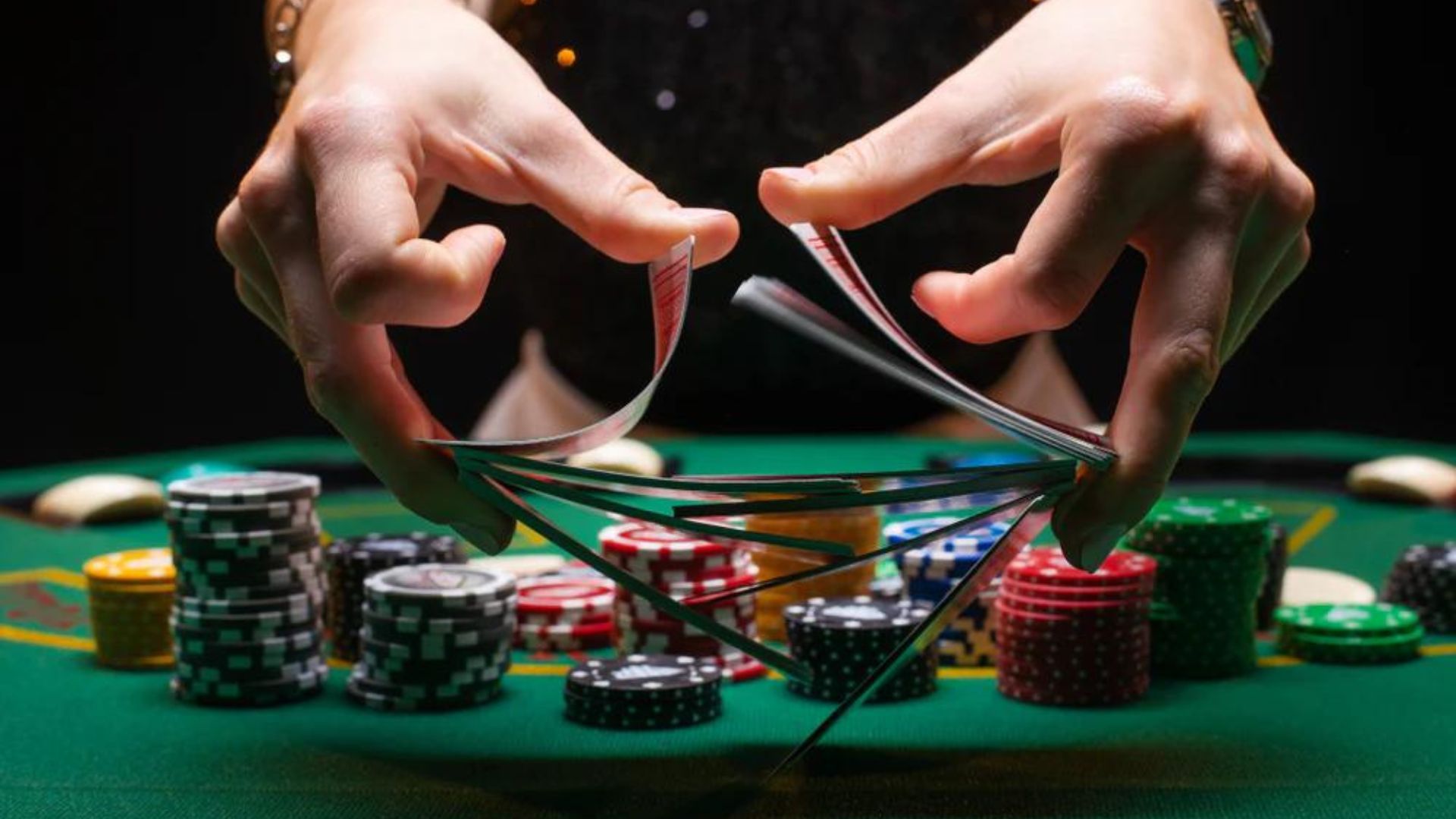Poker is a game of strategy, skill, and psychology. While many focus solely on mastering the technical aspects of the game, the impact of interpersonal relationships at the poker table cannot be understated. From building rapport with opponents to leveraging social dynamics, understanding the role of relationships can significantly influence your success in poker. In this article, we’ll look into the various ways relationships shape the dynamics of the poker table and how players can use them to their advantage.

Establishing Rapport
Building rapport with your opponents is essential for creating a conducive playing environment. A friendly and respectful demeanour can help foster goodwill among players, leading to more enjoyable and profitable interactions. Simple gestures such as greeting opponents, engaging in small talk, and showing sportsmanship can go a long way in building positive relationships at the poker table.
Reading Body Language
Effective communication at the poker table extends beyond words. Players must also pay attention to nonverbal cues and body language to gain insights into their opponents’ intentions and emotions. Observing facial expressions, posture, and hand gestures can provide valuable clues about the strength of their hands or their level of confidence. By honing their skills in reading body language, players can make more informed decisions and gain an edge over their opponents.
Exploiting Weaknesses
Understanding the dynamics of interpersonal relationships can help players identify and exploit weaknesses in their opponents’ strategies. By observing patterns of behaviour and tendencies, players can pinpoint vulnerabilities such as tilt, emotional triggers, or tendencies towards aggression or passivity. Exploiting these weaknesses allows players to capitalize on their opponent’s mistakes and maximize their profitability at the poker table.
Psychological Warfare
Poker is as much a mental game as it is a game of skill. Strategic use of psychological tactics can influence opponents’ decision-making processes and tilt the balance in your favor. From bluffing and deception to strategic silence and controlled aggression, players can manipulate the psychological landscape of the game to create uncertainty and doubt in their opponents’ minds. Mastering the art of psychological warfare can be a potent weapon in a player’s arsenal, leading to increased success at the poker table.
Building Alliances
In certain poker formats, such as tournament play or cash games with multiple opponents, forming alliances or temporary partnerships can be advantageous. By collaborating with other players to target common adversaries or share information discreetly, players can gain a strategic advantage and increase their chances of success. However, forming alliances requires trust, discretion, and careful navigation of interpersonal dynamics to avoid betrayal or exploitation.
Managing Emotions
Emotions run high at the poker table, and mastering emotional control is essential for long-term success. Players must learn to manage their own emotions and reactions while also interpreting and responding to their opponents’ emotional cues. Maintaining a calm and composed demeanour, even in the face of adversity or setbacks, is crucial for making rational decisions and avoiding costly mistakes. Emotional intelligence and self-awareness are valuable assets that can help players navigate the complexities of relationships at the poker table.
Conclusion
The impact of relationships on the poker table is undeniable. From establishing rapport and reading body language to exploiting weaknesses and engaging in psychological warfare, interpersonal dynamics play a significant role in shaping the outcome of the game. By understanding and leveraging these relationships to their advantage, players can enhance their strategic prowess, improve their decision-making abilities, and ultimately increase their success at the poker table.

